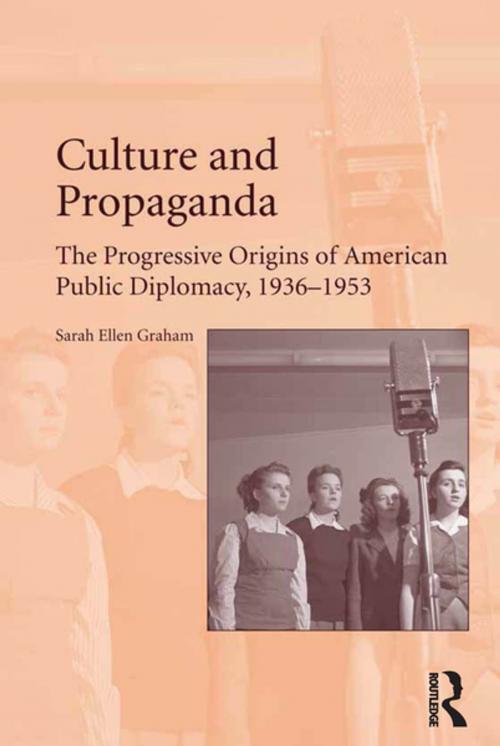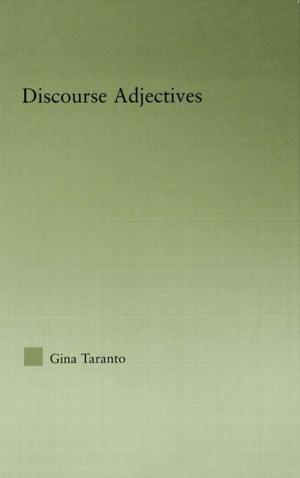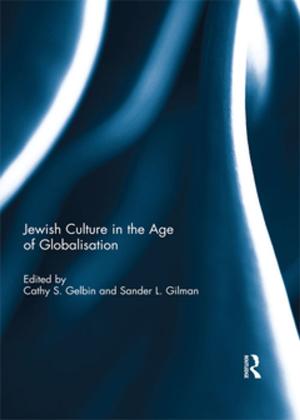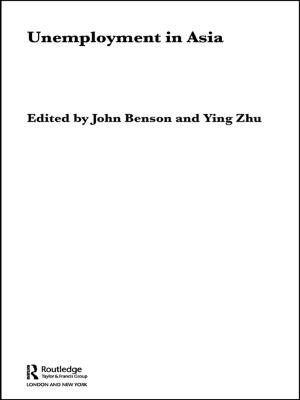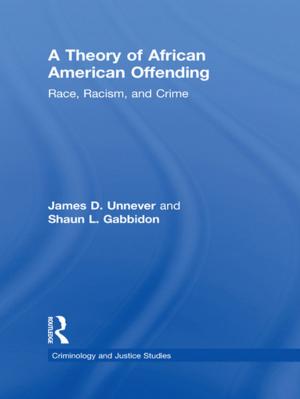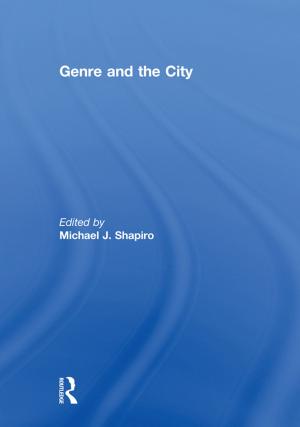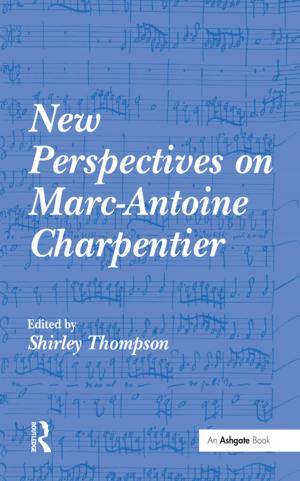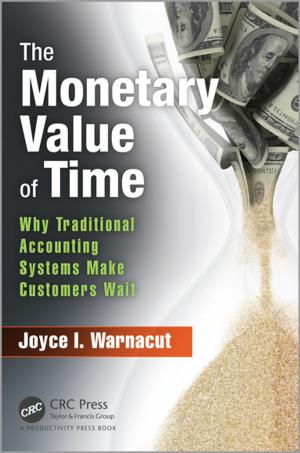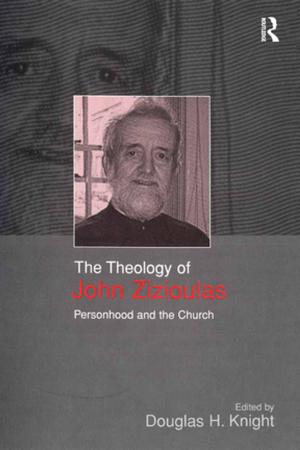Culture and Propaganda
The Progressive Origins of American Public Diplomacy, 1936-1953
Nonfiction, Social & Cultural Studies, Political Science, Politics, Arms Control, History, Modern, 20th Century| Author: | Sarah Ellen Graham | ISBN: | 9781317155911 |
| Publisher: | Taylor and Francis | Publication: | March 9, 2016 |
| Imprint: | Routledge | Language: | English |
| Author: | Sarah Ellen Graham |
| ISBN: | 9781317155911 |
| Publisher: | Taylor and Francis |
| Publication: | March 9, 2016 |
| Imprint: | Routledge |
| Language: | English |
Throughout the twentieth century governments came to increasingly appreciate the value of soft power to help them achieve their foreign policy ambitions. Covering the crucial period between 1936 and 1953, this book examines the U.S. government’s adoption of diplomatic programs that were designed to persuade, inform, and attract global public opinion in support of American national interests. Cultural diplomacy and international information were deeply controversial to an American public that been bombarded with propaganda during the First World War. This book explains how new notions of propaganda as reciprocal exchange, cultural engagement, and enlightening information paved the way for innovations in U.S. diplomatic practice. Through a comparative analysis of the State Department’s Division of Cultural Relations, the government radio station Voice of America, and the multilateral cultural, educational and scientific diplomacy of Unesco, and drawing extensively on U.S. foreign policy archives, this book shows how America’s liberal traditions were reconciled with the task of influencing and attracting publics abroad.
Throughout the twentieth century governments came to increasingly appreciate the value of soft power to help them achieve their foreign policy ambitions. Covering the crucial period between 1936 and 1953, this book examines the U.S. government’s adoption of diplomatic programs that were designed to persuade, inform, and attract global public opinion in support of American national interests. Cultural diplomacy and international information were deeply controversial to an American public that been bombarded with propaganda during the First World War. This book explains how new notions of propaganda as reciprocal exchange, cultural engagement, and enlightening information paved the way for innovations in U.S. diplomatic practice. Through a comparative analysis of the State Department’s Division of Cultural Relations, the government radio station Voice of America, and the multilateral cultural, educational and scientific diplomacy of Unesco, and drawing extensively on U.S. foreign policy archives, this book shows how America’s liberal traditions were reconciled with the task of influencing and attracting publics abroad.
